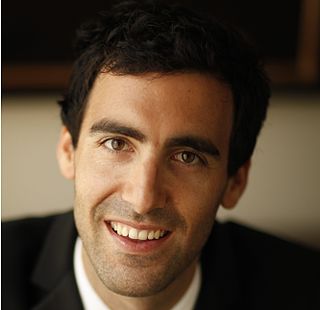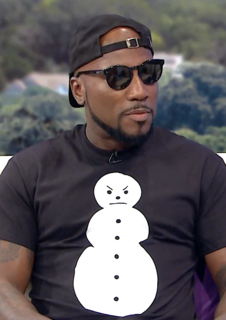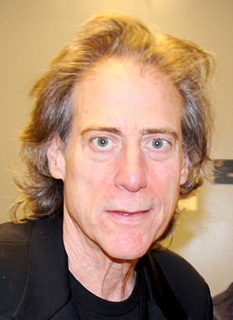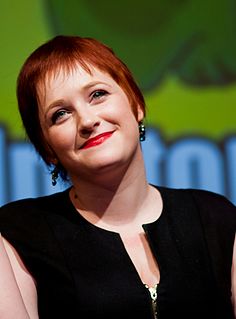A Quote by Ron Livingston
If you're a real scientist, you're constantly open to new data. Nothing is ever 100% validated.
Related Quotes
The ability to collect, analyze, triangulate and visualize vast amounts of data in real time is something the human race has never had before. This new set of tools, often referred by the lofty term 'Big Data,' has begun to emerge as a new approach to addressing some of the biggest challenges facing our planet.
The pain, so unexpected and undeserved, had for some reason cleared away the cobwebs. I realized I didn’t hate the cabinet door, I hated my life… My house, my family, my backyard, my power mower. Nothing would ever change; nothing new could ever be expected. It had to end, and it did. Now in the dark world where I dwell, ugly things, and surprising things, and sometimes little wondrous things, spill out in me constantly, and I can count on nothing.
Essentially every scientist, when posed with the question, "If you want to get science knowledge from Mars, do you want to send a geologist or do you want to send a robot?" Well, the real answer is, you can send 100 robots for the price of sending one geologist, so let's send 100 robots to 100 different locations, and then we would all benefit. So that's the answer you would get. And I agree with that answer.
One of the myths about the Internet of Things is that companies have all the data they need, but their real challenge is making sense of it. In reality, the cost of collecting some kinds of data remains too high, the quality of the data isn't always good enough, and it remains difficult to integrate multiple data sources.



































